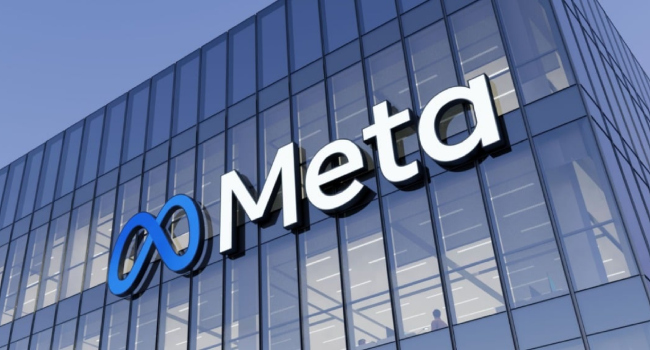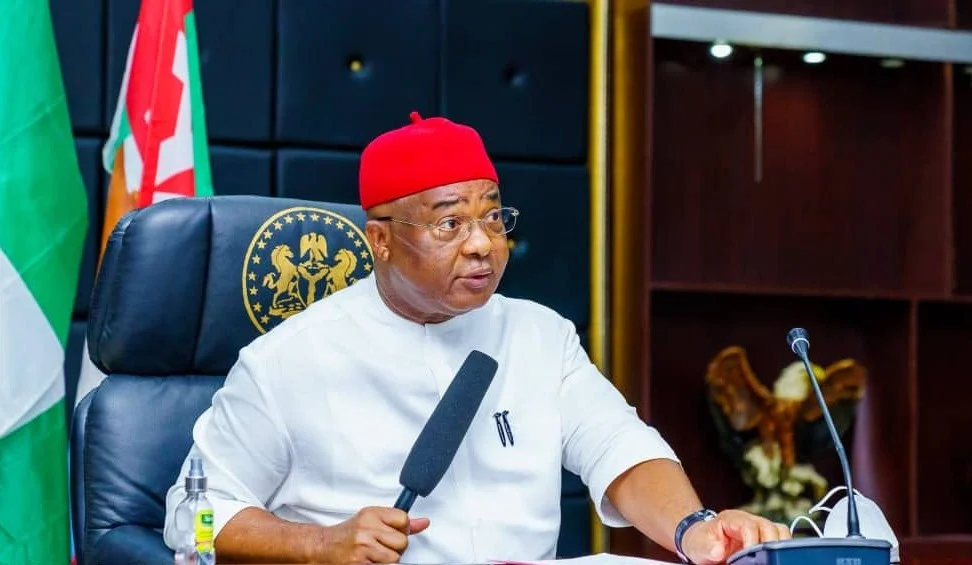As the Israel-Gaza war rages on, there is a battle being fought to control the narrative presented to the world. Eyewitness accounts, verified facts, and culturally sensitive reporting are competing against misinformation, political propaganda, and irresponsible journalism.
This information warfare has real-world consequences, as pro-Palestinian and pro-Israeli protests organized through social media draw tens of thousands of people onto the streets. It is evident that digital activism plays a substantial role in shaping the power dynamics that govern war and politics, highlighting the risks of diplomatic inaction.
Irresponsible messaging exacerbates tensions, as both Hamas and Israel spread propaganda through various platforms. Traditional media is no exception, often focusing on particular violent events while disregarding their context and sometimes making misleading claims.
The consequences of this conflict extend far beyond Gaza. Palestinians in the occupied West Bank have been victims of attacks by Israeli settlers and forces. The repercussions are felt globally, with incidents of violence and discrimination against both Palestinians and Jews reported in countries including the United States, France, the United Kingdom, and Germany.
But what exactly is “digital activism,” and does it truly lead to change? Digital activism encompasses any digitally enabled form of activism and political participation, but its implications and limitations are far-reaching, particularly in times of conflict and war.
Digital activism has proven to be a productive force in various movements. The Black Lives Matter movement utilized it to disseminate counternarratives and prompt social and political action. In the Syrian refugee crisis, digital activism fueled rapid public response and coordinated disaster relief efforts. It has also facilitated the building of collective networks of solidarity and resistance, as seen in the 2011 Egyptian uprising and Occupy Wall Street movement. In the Russia-Ukraine war, digital activism played a crucial role in shaping participation in conflict-related mobilization.
In the context of Israel and Palestine, digital activism has been shown to influence the opinions of both international and domestic audiences, thus directly impacting events on the ground and the dynamics of the conflict. People leverage social media platforms to express outrage, fact-check information, coordinate aid efforts, and bring cultural and historical nuances to discussions. Furthermore, online accounts of events contribute to war studies through digital forensics and form part of open-source investigations into human rights violations.
However, digital activism can also have unintended consequences. Navigating the complex online landscape of mainstream social media platforms is challenging for activists. The battle for control of the war narrative on these platforms is as intense as the physical acts of war itself. Digital rights groups report unprecedented levels of hate speech, misinformation, and disinformation, with the censorship of pro-Palestinian voices at an alarming level.
To engage responsibly as witnesses to these events, we must develop critical media literacy skills. Before sharing information online, verifying its accuracy and legitimacy is crucial. News outlets such as Reuters Fact Check and resources like Fake Reporter and disinformation experts can assist in fact-checking. Building cultural literacy is also essential, as digital activism based on ahistorical and culturally illiterate perspectives is unhelpful. Understanding the complex historical context of the Israel-Palestine conflict is vital to engage in informed discussions.
Furthermore, fostering tolerance and promoting healthy debate is crucial for democracy. Having respectful conversations with individuals who hold different views and exposing ourselves to diverse perspectives through our media consumption allows us to recognize and reinforce our collective humanity.
In the midst of war and conflict, digital activism has the power to shape narratives, influence public opinion, and drive social and political change. However, responsible engagement is key to maximizing its benefits and minimizing harm.
Kelly Lewis, Research Fellow in the Australian Research Council Centre of Excellence for Automated Decision-Making and Society (ADM+S) and the Emerging Technologies Lab at Monash University.



